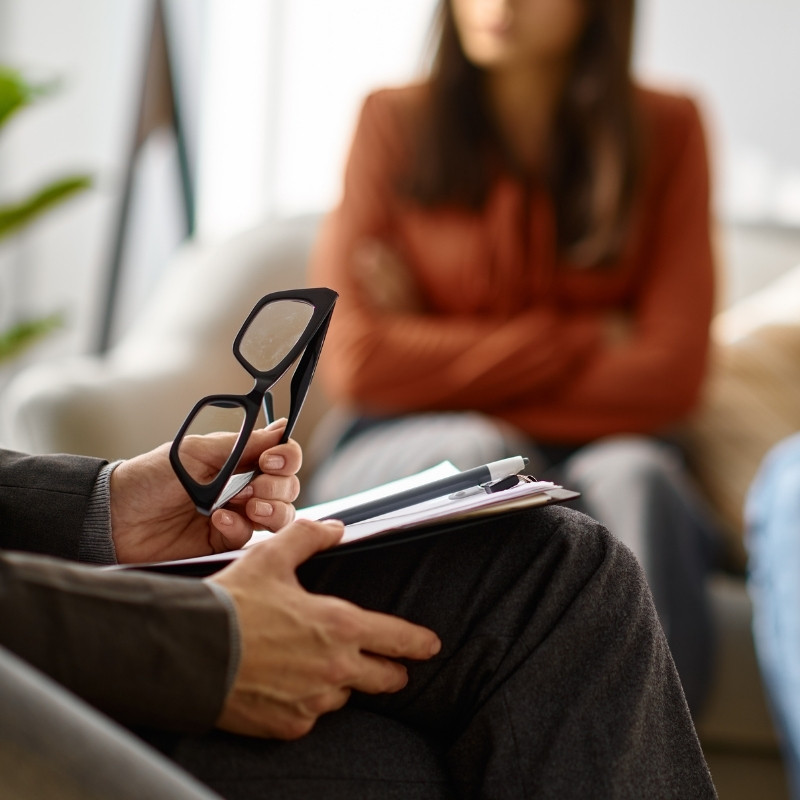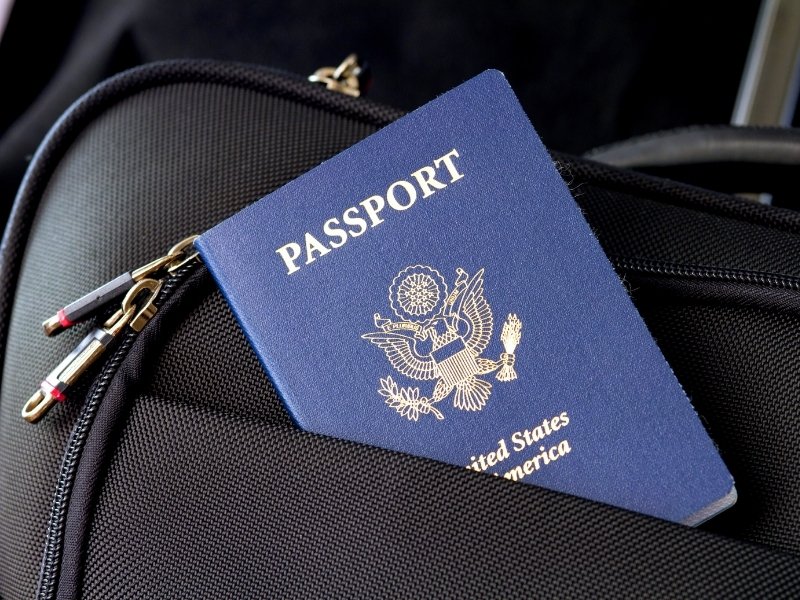Valentine’s Day is all about love, romance, and celebrating the special people in your life. It’s a time to create a peaceful, loving sanctuary where you can relax and spend quality time with your sweetheart.
The last thing you want is for a few uninvited guests to crash the party and ruin the mood. We’re talking, of course, about bed bugs.
Shielding Your Baby from Unwanted Love Bites
These tiny, stealthy intruders can turn your cozy retreat into a nightmare. They don’t send a card, they don’t bring flowers, and they certainly don’t respect personal space.
This year, show your home some love by making sure it’s a pest-free zone. Here’s a heartfelt guide to protecting your love nest and keeping your Valentine’s Day special.
Reinforcing and Sanitizing the Love Nest
Every strong relationship needs a solid foundation, and so does a pest-free home. Follow these steps to ensure your sanctuary remains safe and sound.
Step 1: Scanning for Unwanted Suitors
Before you welcome anyone (or anything) new into your home, be sure to perform a quick scan. Did you just get back from a romantic weekend getaway? Have you purchased a beautiful new antique chair?
They could be hiding at any one of your favorite date spots: lurking in movie seats, concealed in the seams of subway seats, or embeeded in upholstery or a restaurant booth.
Check all mattresses, luggage, and furniture for signs of these unwanted suitors. Look for small, dark specks that look like coffee grounds or tiny, reddish-brown stains. These are the tell-tale signs that someone is trying to move in unannounced.
Step 2: Building an Unbreakable Bond

To truly protect your love nest, you need to build a strong defense. Seal any cracks or crevices in your walls, floors, and baseboards with caulk. These are the secret hideaways where bed bugs love to lurk.
Encase your mattress and box spring in a certified, zippered cover. This not only traps any existing pests inside but also prevents new ones from getting in. Think of it as a love lock for your bed!
Step 3: Cleansing Your Heart (and Your Laundry)
After a romantic trip, it’s important to give your clothes and travel bags a thorough cleansing. Bed bugs often hitch a ride in luggage, so don’t bring them home as an unwanted souvenir.
Wash all your clothes in hot water and tumble-dry them on the highest heat setting. This is a surefire way to neutralize any lingering threats and keep your love nest pure.
Additionally, be careful with catching bed bugs from casual hookups. You might just be going home with more than an adventurous and passionate love interest.
Protecting Your Forever: The Ultimate Love Potion
Sometimes, despite your best efforts, a few persistent pests might still find their way in. When that happens, you need a powerful love potion to send them packing.
Our BLITZ bed bug spray is the ultimate protector for your home. This bedbug killer spray is designed to eliminate bed bugs on contact, ensuring your sanctuary is safe for you and your loved ones. Don’t let a few tiny invaders disrupt your peace and quiet.
This Valentine’s Day, show your home some love. Create a space that is clean, secure, and full of affection—not pests!








